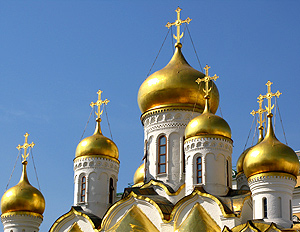 by Texas Orthodox Priests –
by Texas Orthodox Priests –
Statement of the Brotherhood of the Orthodox Clergy Association of Houston and Southeast Texas on the Comments of Fr. Robert Arida on Homosexuality
In response to Fr. Robert Arida’s recent article, which was posted on the OCA’s Wonder blog, there have been many eloquent rebuttals. We do not wish to attempt to reproduce those critiques here, but we do wish to underscore some of the more important points that have been made, and to speak out publically on this controversy.
We find it unacceptable for Orthodox Clergy, who have been given the charge to instruct and guide the laity, to suggest that the moral Tradition of the Orthodox Church needs to change with the times or with the prevalent culture. St. Paul admonishes us to “be not conformed to this world: but be ye transformed by the renewing of your mind, that ye may prove what is that good, and acceptable, and perfect, will of God (Romans 12:2). [Read more…]

 by Sergey Khudiev –
by Sergey Khudiev –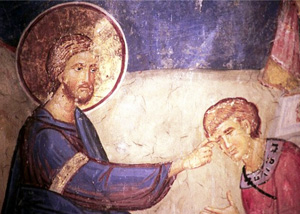 by Metropolitan Anthony of Sourozh –
by Metropolitan Anthony of Sourozh – by Metropolitan Hilarion (Alfeyev) –
by Metropolitan Hilarion (Alfeyev) –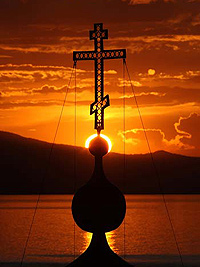 by Gabe Martini –
by Gabe Martini – by Metropolitan Hilarion (Alfeyev) –
by Metropolitan Hilarion (Alfeyev) –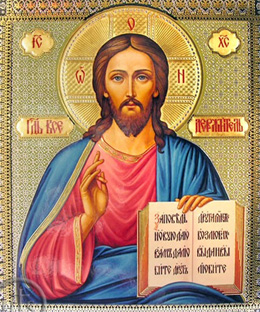 by Fr. Matthew Jackson –
by Fr. Matthew Jackson – by St. John of Kronstadt –
by St. John of Kronstadt –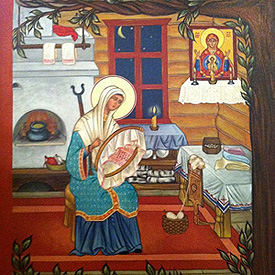 by Matushka Susan Young –
by Matushka Susan Young –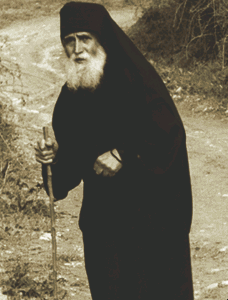 by Saint Paisios of Mount Athos –
by Saint Paisios of Mount Athos –